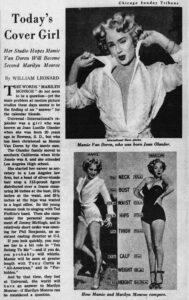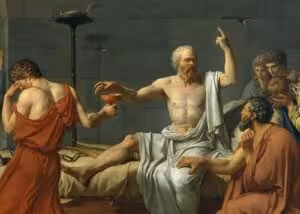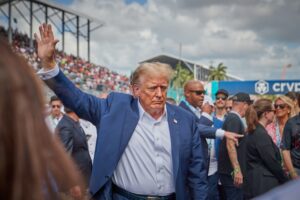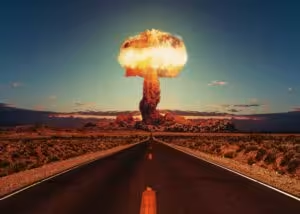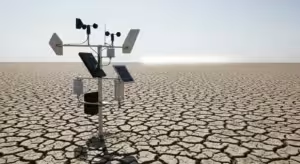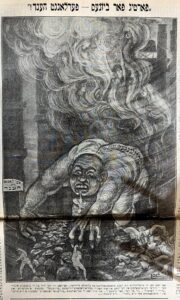Ten years after the Communist victory in China and the establishment of the People’s Republic the new state was growing rapidly. For its leader Mao Zedong, however, the pace of development was not fast enough and in 1958 he announced the Great Leap Forward, a radical and hugely ambitious program to propel China into the ranks of advanced industrial nations. Conceived as a five-year plan, its central element was the complete overhaul of Chinese agriculture. Private property and land ownership were abolished and the traditional peasant farmers were corralled into large communes, over 26,000 of them. Farming was collectivized and farming methods reorganized along industrial lines. On top of this, much of the rural labor force was diverted to manning over half a million ‘backyard furnaces’ erected in the countryside; these were supposed to implement Mao’s bizarre vision of a cottage industry replicating the output and quality of heavy industry in steel manufacture.
Incredibly, one of Mao’s goals in the Great Leap Forward was for China to surpass Britain in steel production in five years. Things indeed began well but the whole program started to fall apart within a year. The redeployment of labor meant that crop cultivation was neglected at critical times, nor had the peasant workers been trained in the new farming methods. When they did return to the fields they often lacked the equipment and tools they needed as these had been melted down in the furnaces to produce low-grade steel. Poor weather combined with incompetence to produce terrible harvests in both 1959 and 1960. The resulting starvation and malnutrition were on an almost unimaginable scale. Mao had to concede that the plan had failed; it was finally abandoned in 1961.
When: 1958-1961
Where: China
Death toll: The famine that was a direct consequence of the Great Leap Forward fiasco caused the death of at least 20 million people, with some sources putting the figure at twice this, it is the worst famine in recorded history.
You should know: In spite of many in the upper echelons of the party holding him personally responsible for the failure of the Great leap Forward. Mao Zedong retained his popularity with the ordinary people. He stood down subsequently as head of state but remained in the all-important position of Party Chairman.


